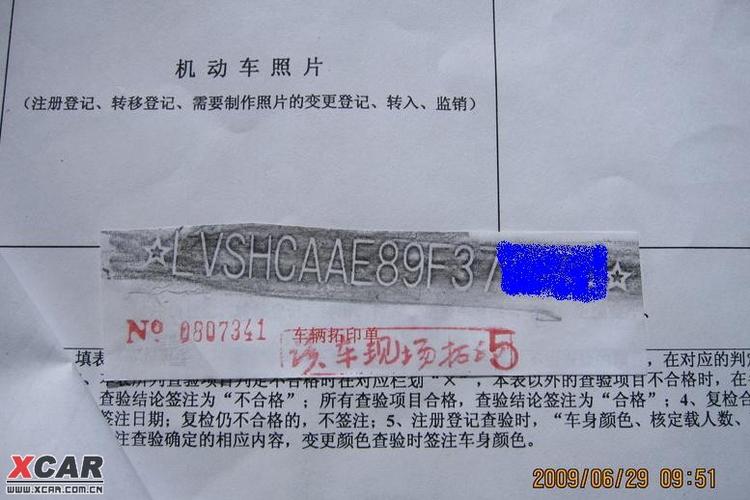保险赔付少了怎么办
Title: Maximizing Insurance Claims: Addressing Disputes Over Settlement Amounts
Introduction
Insurance claims often involve negotiations between policyholders and insurance companies regarding settlement amounts. Disputes can arise when the insured party feels that the compensation offered is inadequate. In such cases, it's essential to understand the factors influencing the settlement and how to navigate the process effectively to achieve a fair outcome.
Understanding the Settlement Process

1.
Policy Coverage
: The first step is to review the insurance policy to understand the extent of coverage for the claimed loss. Policies vary in terms of coverage limits, deductibles, and exclusions, which can impact the settlement amount.2.
Assessment of Damages
: Insurance adjusters assess the damages to determine the appropriate compensation. They consider factors such as the extent of property damage, medical expenses (in the case of personal injury claims), and any additional costs incurred due to the loss.3.
Negotiation
: Once the initial settlement offer is made, negotiation may occur between the insured and the insurer. It's crucial to provide evidence supporting your claim and be prepared to justify why you believe the offer is insufficient.Addressing Disputes
1.
Document Everything
: Maintain thorough documentation of the incident, including photographs, repair estimates, medical bills, and correspondence with the insurance company. Clear documentation strengthens your position during negotiations.2.
Seek Clarification
: If you believe the settlement offer is too low, ask the insurer to provide a detailed explanation of how they calculated the amount. Understanding their rationale can help identify areas where you may challenge their assessment.3.
Obtain Independent Estimates
: Consider obtaining independent assessments of the damages from qualified professionals, especially if you disagree with the insurer's evaluation. These estimates can serve as evidence to support your claim for a higher settlement.4.
Review Applicable Laws and Regulations
: Familiarize yourself with relevant insurance laws and regulations governing claims in your jurisdiction. Understanding your rights as a policyholder can empower you to advocate for a fair resolution.5.
Consider Mediation or Arbitration
: If negotiations stall, mediation or arbitration may offer alternative dispute resolution methods. These processes involve impartial third parties who can help facilitate a mutually acceptable agreement.Guidelines for Maximizing Settlements
1.
Be Persistent but Flexible
: Advocating for a fair settlement may require persistence and patience. Be firm in asserting your position while remaining open to reasonable compromises that can expedite the resolution process.2.
Know Your Worth
: Don't settle for less than you believe your claim is worth. Conduct research to understand the typical compensation for similar claims to ensure you're not undervaluing your losses.3.
Consult with Legal Counsel
: In complex cases or when negotiations reach an impasse, seeking legal advice may be necessary. An experienced attorney can provide valuable guidance and representation to protect your interests.4.
Review Settlement Agreement Carefully
: Before accepting any settlement offer, carefully review the terms and ensure they accurately reflect the agreement reached. Once accepted, the settlement is usually final, so it's essential to be fully informed before proceeding.Conclusion
Resolving disputes over insurance claim settlements requires diligence, preparation, and effective communication. By understanding the settlement process, addressing disputes proactively, and following guidelines for maximizing settlements, policyholders can work towards achieving fair compensation for their losses. Remember, persistence and informed negotiation are key to securing a satisfactory outcome in insurance claims disputes.











